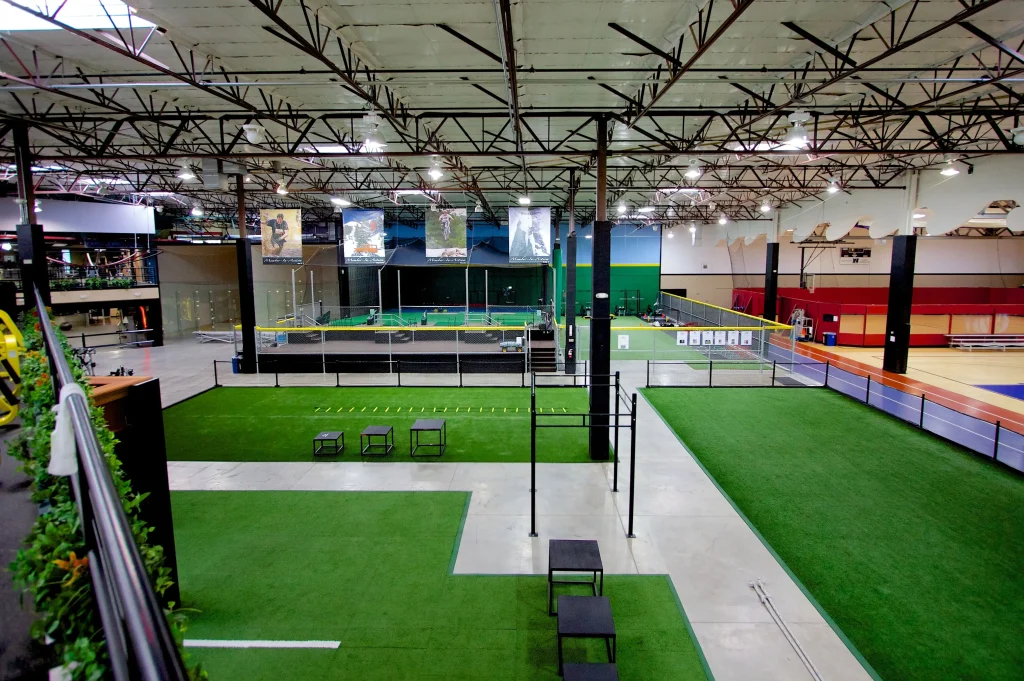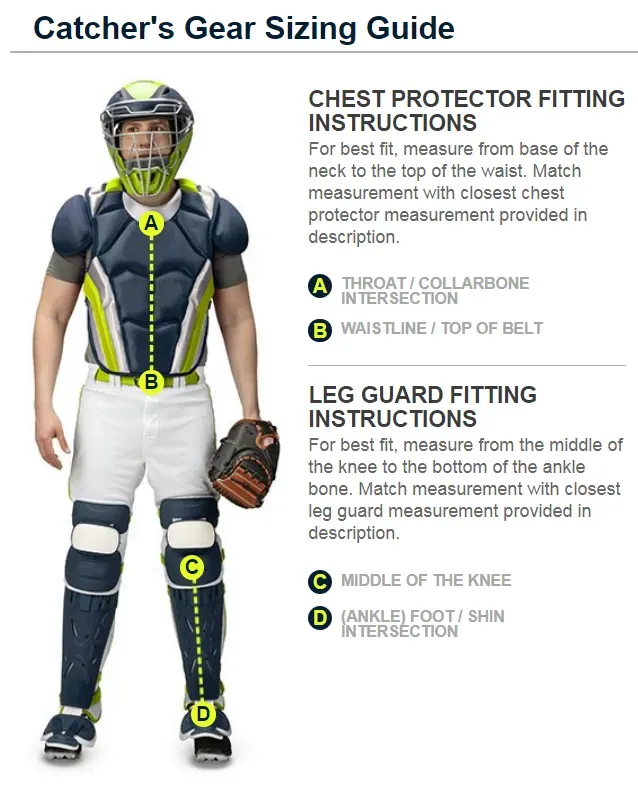If you’re drawn to both sports and business leadership, a sports management career offers a dynamic, rewarding path that blends strategy with people skills. This field combines strategic planning, budgeting, stakeholder relations, and event coordination to support everything from professional teams to community programs, and pursuing a sports management degree can provide the essential knowledge you need. Internships in sports management give you hands-on experience with event logistics, ticketing, sponsorship activation, and community outreach, helping you build a portfolio for entry-level sports management roles. Beyond coursework, focus on developing a strong network and a results-driven resume that demonstrates cross-functional impact, skills that support career paths in sports management. Whether you’re finishing high school, in college, or seeking a career pivot, you can start strong today by aligning your studies, practical experiences, and networking toward the opportunities in sports administration jobs and related fields.
Understanding the Landscape of a Sports Management Career
Sports management careers blend business leadership, operations, and strategic planning to keep teams, venues, and events running smoothly. Professionals in this field coordinate scheduling, budgeting, stakeholder relations, and program delivery, weaving together sports administration jobs with broader management responsibilities. Whether you work with a professional club, a college program, or a community league, this career centers on turning plans into fans’ experiences and measurable results.
Across leagues, arenas, and governing bodies, the career paths in sports management span operations, sponsorship, marketing, governance, and analytics. Administrators handle day-to-day oversight, while managers tackle longer-term initiatives that improve attendance, sponsorship value, and community outreach. The common thread is problem solving, collaboration, and the ability to translate strategic goals into resourceful, executable plans.
Education Pathways: Degrees and Courses That Ground a Sports Management Career
A solid start is a sports management degree or a business program with a sports emphasis. A bachelor’s in sports management, or a business administration degree with a sports concentration, provides fundamentals in budgeting, leadership, analytics, and communication. Courses in finance, data analysis, event management, and governance connect classroom concepts to real-world sports operations.
Internships in sports management are the critical bridge from theory to practice, offering hands-on experience in event logistics, ticketing, sponsorship activation, and community outreach. If a formal internship isn’t available, look for co-op placements, part-time roles in ticket operations, or facility services to build a portfolio of tangible projects that demonstrate your readiness for entry-level opportunities in the field.
Gaining Real-World Experience: Internships in Sports Management and Early Opportunities
Beyond classwork, real-world experience matters. Volunteer for large events, youth leagues, or nonprofit sports foundations to show initiative, reliability, and the ability to coordinate with coaches, vendors, and volunteers. These experiences not only strengthen your resume but also create talking points for interviews in sports administration jobs and entry-level sports management roles.
Networking plays a crucial role in gaining access to internships in sports management and first jobs. Attend industry events, seek mentors, and join student or local chapters of professional associations. A robust network can yield informational interviews, referrals, and early access to internship openings or entry-level postings that accelerate your career trajectory.
Launching Your Career: Entry-Level Sports Management Roles and First Steps
Many organizations start with roles like operations coordinator, event coordinator, facilities assistant, or marketing coordinator. These positions provide front-row exposure to how a sports organization runs—from scheduling and budgeting to partnerships and fan experience—and lay the groundwork for broader responsibilities in later years.
To move forward, build a compelling narrative around your experience: quantify outcomes from events, sponsorship activations, or efficiency improvements; showcase cross-functional collaboration with coaches, vendors, and sponsors; and develop a digital portfolio with project briefs and performance dashboards that highlight your impact in entry-level sports management roles.
Defining Your Sports Management Career: Pathways for Advancement and Specialization
Career advancement in sports management often blends functional expertise with leadership. You might specialize in venue operations, sponsorship and partnerships, or fan engagement, or pursue a broader operations track that leads to director-level roles. The best performers demonstrate cross-functional impact—improving attendance, optimizing budgets, strengthening community relations, and increasing sponsorship value—across multiple projects.
Some professionals progress to senior titles such as athletic director or general manager in colleges, professional clubs, or large event organizations. To stay competitive, pursue ongoing learning, industry certifications, and opportunities to lead large-scale initiatives. A well-rounded portfolio that shows results across operations, marketing, and governance can help define and advance your sports management career.
Building a Standout Profile: Resume, Portfolio, and Networking for Success
Craft a resume and portfolio that tell a cohesive story about your sports management career. Include internships in sports management, volunteer roles, events you’ve helped run, budgets you supported, and sponsorship activations. Highlight transferable business skills such as budgeting, project management, negotiation, vendor management, and data analysis to appeal to hiring managers in sports administration jobs.
Develop a digital portfolio with project briefs, event plans, marketing campaigns, and sample performance dashboards. Demonstrate leadership and collaboration through cross-functional projects with coaches, sponsors, and community partners. Finally, invest in networking—mentors, industry events, and professional associations—to uncover internships, entry-level sports management roles, and early-career opportunities.
Frequently Asked Questions
What is a sports management career and what roles does it include?
A sports management career encompasses roles that keep teams, venues, and events running smoothly, including operations, facilities management, event planning, marketing, sponsorship, governance, and fan engagement. It blends business acumen with sports leadership and often overlaps with sports administration, emphasizing planning and resource optimization.
How does a sports management degree prepare you for a successful career in sports management?
A sports management degree provides foundational knowledge in budgeting, analytics, leadership, and communication, often with a sports concentration or related business major. It prepares you for careers in sports management by pairing coursework with internships in sports management, project work, and networking opportunities.
How can internships in sports management boost your readiness for entry-level sports management roles?
Internships in sports management give real-world experience in event logistics, ticketing, sponsorship activation, and community outreach. They generate tangible projects for your portfolio and can lead to recommendations or early access to entry-level sports management roles.
What are typical entry-level sports management roles, and what skills do they develop?
Entry-level sports management roles include operations coordinator, event coordinator, facilities assistant, and marketing coordinator. These positions build skills in scheduling, budgeting, vendor coordination, communication, and cross-functional teamwork.
What are the main career paths in sports management and how can you progress to leadership roles?
Career paths in sports management often combine specialization (venue operations, sponsorships, fan engagement) with broader operations tracks. Progression can lead to director-level roles or athletic director positions, achieved by delivering cross-functional impact, leadership, and proven results.
How should you build a resume and portfolio to pursue a sports management career?
Craft a resume and digital portfolio that foreground internships in sports management, volunteer work, events you’ve helped run, and sponsorship activations. Highlight budgeting, project management, data analysis, leadership, and cross-functional collaboration, with quantifiable outcomes.
| Topic | Key Points |
|---|---|
| What is a sports management career? | Encompasses operations, facilities management, event planning, marketing/sponsorship, governance, and strategic decision‑making. The backbone is a skilled manager who plans, coordinates, and optimizes resources; administration vs. management overlap. Focus spans day‑to‑day oversight to broader strategic initiatives; professionals solve problems, collaborate, and drive game‑day and organizational outcomes. |
| Education and qualifications | Bachelor’s degree in sports management, business administration, marketing, or communications with a sports concentration; courses in budgeting, analytics, leadership, and communication; practical toolkit from finance, data analysis, event management, sponsorship, and governance; internships are a critical bridge; part‑time roles (ticket operations, facility services, community programs) can supplement learning. |
| Gaining experience and building a network | Volunteer for large events, youth leagues, or nonprofit foundations to gain hands‑on experience. Networking matters: attend industry events, seek mentors, join student/local sports management associations. A strong network can lead to informational interviews, referrals, and early internship/entry‑level opportunities. |
| Launching into entry‑level roles | Common starting roles include operations coordinator, event coordinator, facilities assistant, or marketing coordinator. These positions offer exposure to scheduling, budgeting, partnerships, and fan experience, laying the groundwork for increased responsibilities and promotions. |
| Pathways for advancement and specialization | Specialize in venue operations, sponsorship/partnerships, or fan engagement, or pursue a broader operations track toward director‑level roles. Some professionals reach athletic director or general manager roles in colleges, pro clubs, or large events. Demonstrate cross‑functional impact on attendance, budgets, community relations, and sponsorship value. |
| Industries, employers, and opportunities | Professional teams, collegiate athletic departments, stadiums/arenas, sports governing bodies, leagues, and event management agencies hire for these skills. Nonprofits, youth/amateur leagues, and community recreation centers also need managers. An emerging frontier is sports technology and analytics driving marketing, operations, and performance insights. |
| Practical steps to prepare a standout resume and portfolio | Build a narrative with internships, volunteer roles, events you’ve helped run, budgets you’ve supported, and sponsorships activated. Highlight transferable skills (budgeting, project management, negotiation, vendor management, data analysis). Craft achievement‑based bullets with quantified outcomes. Demonstrate leadership and collaboration. Develop a digital portfolio with project briefs, event summaries, marketing plans, and sample dashboards. |
| Developing the right mindsets and skills | Balance hard and soft skills: analytical thinking and data proficiency to evaluate performance; strong communication, relationship building, and conflict resolution to work with athletes, coaches, sponsors, and executives. Adaptability is essential in a fast‑moving industry. Invest in ongoing learning through degrees, certifications, or hands‑on project experience. |
| A practical 12‑month plan to kick‑start your career | Months 1–3: finalize a degree plan or certificate with budgeting/analytics/event management. Months 4–6: secure an internship/volunteer role and aim to own one project. Months 7–9: build a portfolio with impactful projects (sponsorship plan, event logistics checklist). Months 10–12: start applying for entry‑level roles (e.g., operations/event/facilities coordinators) and prepare for interviews with stories showing leadership and problem‑solving. Ongoing: attend industry events and cultivate mentors. |
| Conclusion | The sports management career blends passion for sport with strategic business acumen, offering a pathway to lead teams, events, and community programs. Pursuing a targeted degree, gaining internships in sports management, and securing entry‑level roles can build a professional trajectory with meaningful growth and impact. Stay curious, network consistently, and seek opportunities to contribute to teams, events, and communities. With dedication and proactive mindset, you can turn your love of sports into a rewarding, long‑term career that shapes the sports landscape for years to come. |
Summary
A concise HTML table above summarizes the key points from the base content about pursuing a sports management career, followed by a descriptive, SEO‑friendly conclusion.



